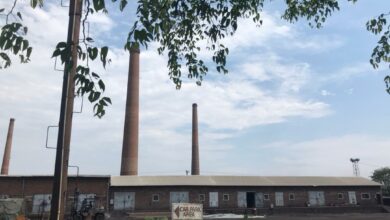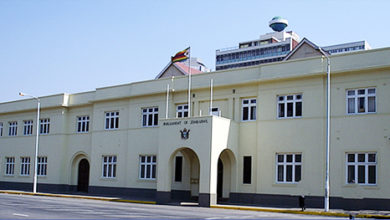Stalled Gwanda solar project raises concerns: Parly visit exposes lack of progress
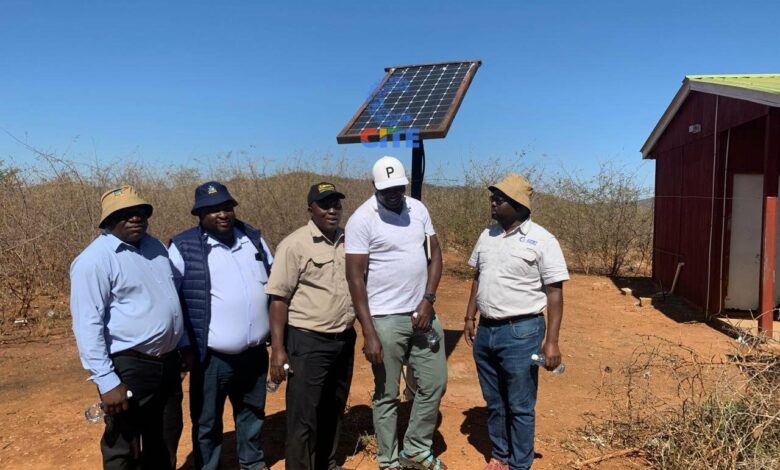
The proposed 100-megawatt Gwanda solar power plant, a US$172.8 million project situated on a neglected 262-hectare plot, has become a source of concern.
The site is currently overgrown with bushes and shrubs, lacking signage and proper facilities. Termite-infested wooden buildings, missing roof tiles, and a single solar panel for security lighting paint a picture of abandonment. The poor condition of the access road further exacerbates the situation.
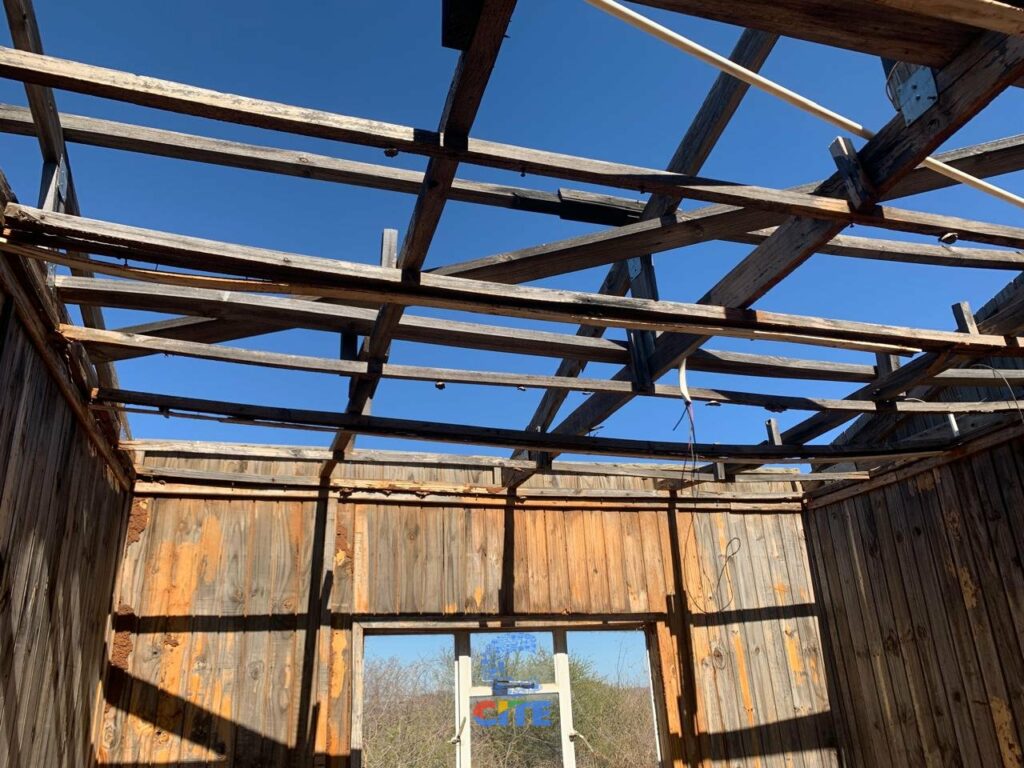
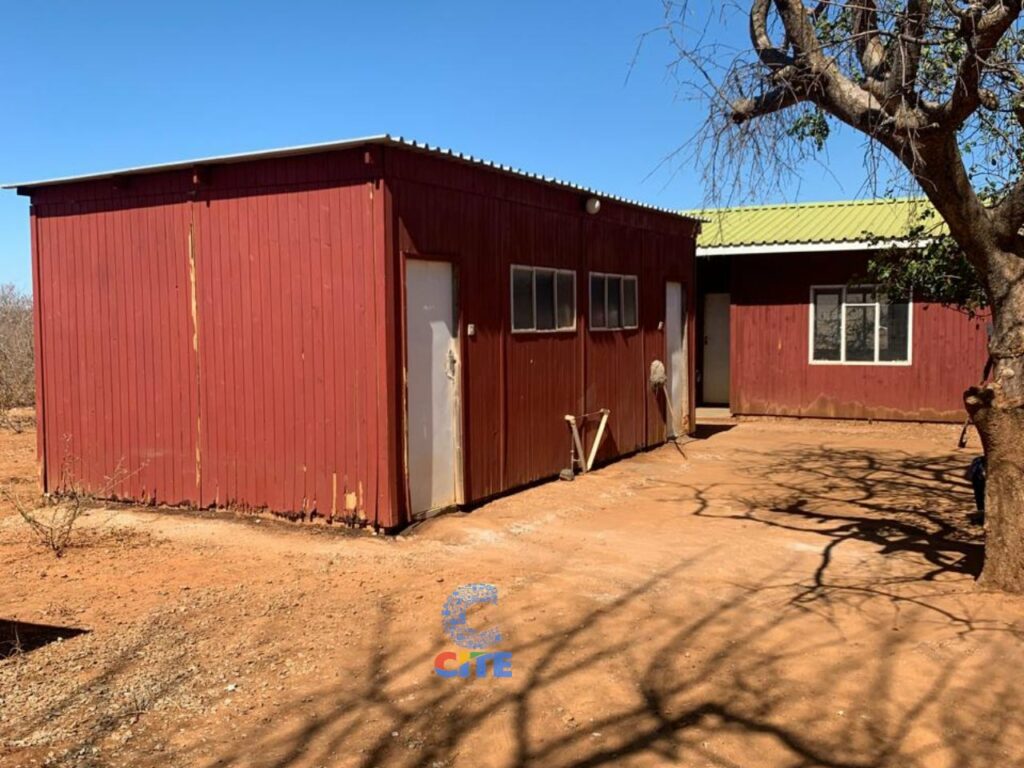
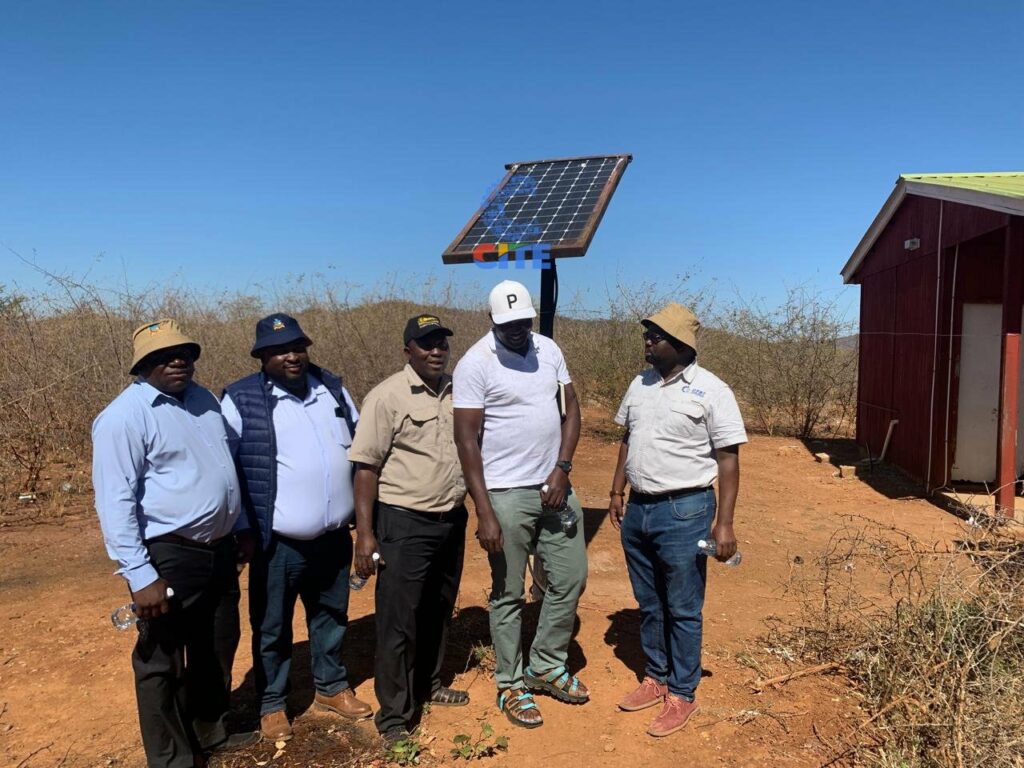
This is what a recent visit by the Energy Parliamentary Portfolio Committee revealed. The state of the site prompted MPs to grill the Zimbabwe Power Company (ZPC) management about the contract awarded to Intratrek Zimbabwe Pvt Ltd, led by Executive Director Wicknell Chivhayo, and its technical partner ChiNT Electric, on October 23, 2015.
Following an inspection of the dilapidated site, the parliamentary committee questioned ZPC management about the extent of the completed work and the amount of money paid to Intratrek, considering the apparent lack of progress.
The absence of even basic facilities forced the meeting between parliamentarians and ZPC representatives to be held outdoors under the sun, prompting an apology from ZPC Acting Project Technical Director, Engineer Forbes Chanakira.
The committee’s chairperson, Leslie Mhangwa, expressed anger at Intratrek’s absence and accused ZPC of misrepresenting the project as “a running project.” He argued that the contractor should have been present during the visit.
“We spoke to ZESA and they made it a point that all stakeholders are here. We expected that the contractor was supposed to be here. That’s why the Members are not very happy because that was the expectation,” he said.
ZESA Holdings Legal Advisor and Corporate Secretary, Tungamirai Chinhengo, countered that the parliamentary committee should have directly summoned the contractor using their official powers.
“We thought it would be important to place on record that the nature of the contract we have is an Engineering, Procurement and Construction (EPC) contract, which is two stages. The first stage is there are certain conditions precedent that must be satisfied before the contractor can mobilise on site. We do acknowledge and confirm that this contract is valid and in effect following the (2023) Supreme Court judgement,” he said.
According to Chinhengo, Intratrek initially moved to the site around 2016 for preliminary works. However, the contract was terminated in April 2018, with an eviction order forcing them to demobilise. The Supreme Court later ruled in ZPC’s favour in December 2023, reversing an earlier High Court decision that deemed the contract invalid.
“So that explains the reason why the contractor is not on site and there are no works which are actually ongoing. So it’s a more fair, legal and contractual issue,” Chinhengo said, noting they were engaging Intratrek in compliance with the Supreme Court’s ruling.
“To facilitate remobilisation to the site, we now still need to comply with the provisions of the contract satisfaction of the conditions thereof, which would then allow for remobilisation.”
Eng Chanakira clarified that ZPC had advanced US$5.7 million to Intratrek. This amount breaks down as US$2.1 million for the feasibility study, US$2.8 million for other pre-commencement costs, and the remaining amount for Value Added Tax (VAT).
“By pre-commencement work we mean carrying out work before the actual contract commencing. We do this because in most cases it takes time to be able to reach financial closure, finances are critical for us to be able to implement a project so before that we say we don’t want to then wait until the funds become available so we set out do that, which will delay us when we finally get the money. So the pre-commencement works are these works that we see here,” Chanakira said.
Chanakira narrated that Intratrek first mobilised to the site in June 2016 but did not manage to complete all the works.
“The EPC contract was subsequently terminated as a result of the lapse of the precedent satisfaction period. So the termination of the contract was on account of the lapse of the CP satisfaction period,” he said.
“After that, the protracted legal battle with the contractor ensued, which resulted in the cancellation in 2018.”
Chanakira said the pre-commencement works to be done by Intratrek included the feasibility studies, project site commencement and site establishment works.
“Site establishment means the basic ablutions, communication network, borehole drilling and storage access, roads and ground clearance where the solar farm was going to sit,” he said.
Chanakira said the site was a “very huge bush” and there were a lot of big trees that were cut.
This ground clearance was done in 2016 and because of the passage of time, shrubs have emerged, warranting another site clearance.
A joint inspection carried out between ZPC and Intratrek in 2020 to evaluate the status of the pre-commencement words established that the site access road, fencing and signage were partially done.
The engineer said the building parliamentarians were seeing were temporary housing and offices, whose roof was blown away by the wind.
“Another key pre-commencement work, which was supposed to be done is the construction of a three-phase 33 KV power line to site. The contractor got a quotation from the ZETDC but this work is yet to be done. The communication is also yet to be done.”
Chanakira said the topographical, and geotechnical surveys, including the feasibility study were done and completed, confirming that the touted 100 MW capacity is realisable on this particular site.



